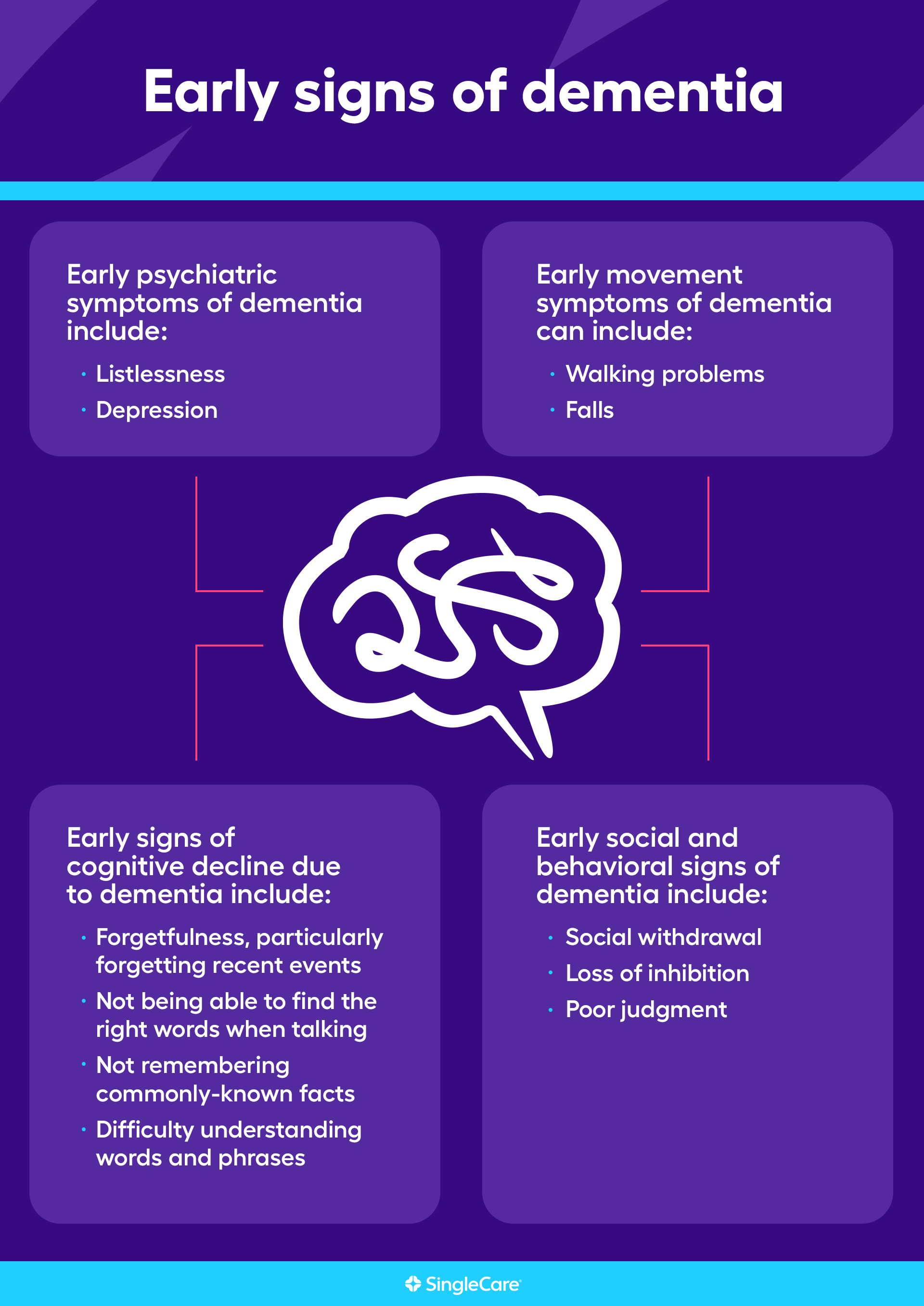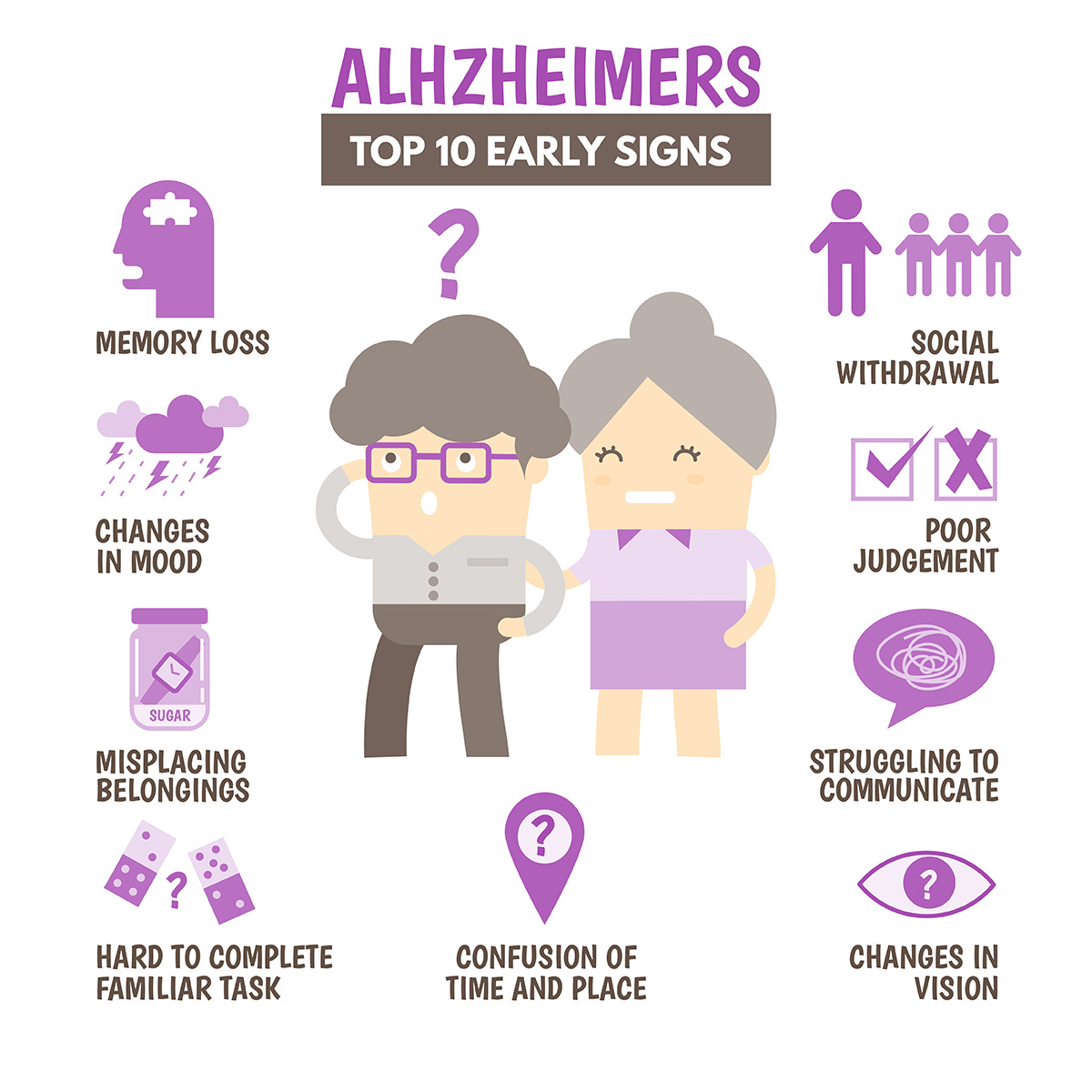What Are the Causes Behind Vascular Dementia?
What Are the Causes Behind Vascular Dementia?
Blog Article
Comprehending the Impact of Mental Deterioration on Day-to-day Live and Caregiving
Mental deterioration influences day-to-day life in extensive means, impacting not just those identified but additionally their caregivers. As cognitive decrease progresses, you could notice modifications in communication and regular that difficulty both events.
The Stages of Dementia and Their Effects on Day-to-day Live
As you navigate the trip of mental deterioration, recognizing its stages can considerably affect just how you handle day-to-day life. Dementia typically progresses through three primary phases: early, middle, and late.
Throughout the center phase, you'll experience more recognizable cognitive decline. Daily tasks might come to be difficult, and maintaining your independence might call for modifications. Using pointers and simplifying your environment can aid.
In the late phase, individuals often need significant help with daily tasks. Preparation for care comes to be necessary, focusing on comfort and lifestyle. By comprehending these stages, you're much better geared up to respond proactively, guaranteeing you or your loved one can navigate the challenges with dignity and elegance.

Adjustments in Communication and Social Interaction
Just how do adjustments in interaction affect your day-to-day interactions as mental deterioration advances? As mental deterioration developments, you could notice that simple conversations end up being difficult. Words may escape you, or you might struggle to discover the ideal expressions. This can cause aggravation for both you and your enjoyed ones. Nonverbal cues, like motions or face expressions, become increasingly crucial.
You may find it much easier to attach with these ways instead of counting entirely on spoken language. Listening abilities can also change; you might find it more challenging to comply with discussions or remember what was simply claimed (Fall Risk). This can bring about misconceptions or sensations of seclusion
Urging perseverance and producing an encouraging atmosphere can help. Participating in tasks that promote connection, like songs or art, can boost social interactions. Remember, preserving partnerships is still possible; it's nearly adapting to brand-new means of communicating.
Effect On Daily Routines and Activities
While steering everyday routines, you'll likely discover that jobs you as soon as finished effortlessly come to be a lot more tough as dementia proceeds. Easy activities like food preparation, dressing, and even showering might call for more time and initiative. You might discover on your own forgetting steps in familiar regimens or battling to recall where you placed things. This can lead to frustration not just for you, however likewise for those around you.
Planning your day can really feel overwhelming, making it more difficult to stick to a timetable. You might need reminders for visits or to take medications. Adjusting your setting can assist; for circumstances, identifying products or utilizing lists can simplify jobs. Engaging in repetitive, structured tasks can additionally offer convenience and a feeling of accomplishment. Bear in mind, it's alright to ask for aid. Surrounding on your own with supportive good friends or family can make handling these adjustments a little bit easier.
Behavior and emotional Challenges
Guiding with day-to-day routines can bring around not simply useful obstacles, but additionally emotional and behavioral ones. You may observe changes in mood, such as raised anxiousness or aggravation, which can stem from complication or trouble in completing jobs. As you browse these moments, it is vital to acknowledge that your loved one might express their feelings with actions like frustration or withdrawal.
These psychological feedbacks can be uncertain and may occur without warning, leaving you both sensation bewildered. You may find that acquainted atmospheres or routines can aid lower anxiousness, but preserving perseverance comes to be substantial. It is essential to validate their sensations, even if you don't fully understand them.
The Duty of Caregivers in Supporting People With Dementia
As a caregiver, you play a necessary function in providing emotional support for people with dementia. Establishing everyday care routines can produce a feeling of stability and convenience, assisting to alleviate their anxiety. By understanding their demands and utilizing reliable approaches, you can greatly boost their high quality of life.
Psychological Support Strategies
When caring for a person with mental deterioration, comprehending the psychological landscape is vital for providing effective support. Simple gestures, like holding their hand or preserving eye contact, can produce a sense of protection. Inevitably, don't fail to remember to take care of your very own emotional needs; seeking support for on your own can improve your capacity to care for them.
Daily Treatment Routines
Developing everyday treatment regimens is important for giving security and convenience to individuals with dementia, as these routines can help in reducing complication and anxiousness. You can start by describing a constant routine for meals, activities, and rest. This predictability aids your loved one really feel more secure and engaged.
Integrate familiar tasks, like folding washing or watering plants, which can evoke favorable memories and foster a feeling of achievement. Usage visual signs, such as checklists or calendars, to direct them through the day.
Be flexible, though; adjust routines as needed based upon their mood or power levels. Vascular Dementia. Remember, your persistence and understanding are vital in maneuvering their altering needs, guaranteeing they really feel sustained and valued throughout their every day life
Creating a Safe and Comfortable Living Setting
Creating a risk-free and comfortable living environment is important for people with mental deterioration. You'll wish to make home safety alterations that minimize dangers and assure familiarity to give a feeling of comfort. By concentrating on these elements, you can help develop an area that supports both safety and security and health.
Home Safety And Security Adjustments
As you browse the obstacles of dementia, making home safety and security modifications can significantly enhance comfort and security. Label essential areas, such as the restroom and kitchen area, with clear indications to aid with alignment. These modifications not only advertise security however also urge freedom, allowing your liked one to really feel even more at ease in their environment.
Convenience and Knowledge
After guaranteeing a risk-free setting with essential alterations, fostering convenience and familiarity is crucial for people with mental deterioration. Begin by personalizing their area. Usage acquainted colors, find out here decors, and photos that stimulate happy memories. A preferred blanket or chair can provide a complacency. Keep a regular routine to help them really feel grounded and lower anxiety. Straightforward, familiar dishes can likewise produce a soothing environment. Maintain paths clear and clutter-free to avoid complication. Include soft lights, as intense lights can be disorienting. Think about adding calming scents, like lavender, to promote relaxation. Engaging in familiar activities, such as listening to songs or gardening, can enhance their feeling of belonging, making their living setting a true shelter.
Approaches for Efficient Caregiving and Assistance
While steering the obstacles of mental deterioration treatment can feel frustrating, carrying out reliable approaches can substantially boost both the caregiver's and the client's daily experience. Beginning by developing a routine; predictability helps in reducing stress and anxiety for both you and your enjoyed one. Usage clear, straightforward communication-- brief sentences and straight concerns can protect against confusion.

Don't neglect to take care of yourself; routine breaks and connect with assistance groups. Sharing experiences with others in comparable circumstances can provide important insights and emotional alleviation.
Last but not least, continue to be client and flexible. Dementia can bring unforeseeable modifications, so adapting your strategy is vital. By using these approaches, you can cultivate an extra positive atmosphere that profits both you and your loved one.
Regularly Asked Questions

What Are the Various Types of Mental Deterioration?
You'll discover numerous kinds of mental deterioration, consisting of Alzheimer's, vascular dementia, Lewy body dementia, and frontotemporal mental deterioration. Each type impacts memory and cognitive feature differently, so recognizing the differences is crucial for appropriate medical diagnosis and treatment.
How Can I Aid A Person With Early-Stage Mental Deterioration?
You can aid a person with early-stage dementia by being individual, supplying support, and urging them to involve in tasks they enjoy. Keeping routines constant and keeping open communication can also make a considerable distinction in their every day life.
Exist Financial Resources Available for Dementia Treatment?
Yes, there are economic resources offered for mental deterioration care. You can check out government assistance programs, nonprofit companies, and insurance alternatives. It's also smart to seek advice from local agencies for particular resources tailored to your circumstance.
What Lawful Considerations Should Caregivers Understand?
As a Check This Out caregiver, you should take into consideration power of lawyer, medical care proxies, and guardianship legislations. It's vital to recognize the legal rights and duties you hold, guaranteeing your enjoyed one receives appropriate treatment and defense.
Exactly How Can I Cope With Caretaker Anxiety?
You can cope with caretaker tension by prioritizing self-care, seeking assistance from teams or buddies, setting practical expectations, taking breaks, and exercising relaxation strategies. Remember, your wellness matters equally as much as the person you're caring for.
Comprehending the Effect of Mental Deterioration on Daily Life and Caregiving.
As you navigate the journey of dementia, recognizing its phases can substantially influence how you take care of day-to-day life.While maneuvering day-to-day visit this site routines, you'll likely discover that tasks you once finished easily come to be much more challenging as mental deterioration advances.Developing day-to-day care regimens is essential for giving security and comfort to people with dementia, as these routines can aid reduce confusion and anxiousness.While maneuvering the obstacles of mental deterioration treatment can really feel frustrating, implementing reliable techniques can considerably improve both the caretaker's and the person's day-to-day experience.
Report this page